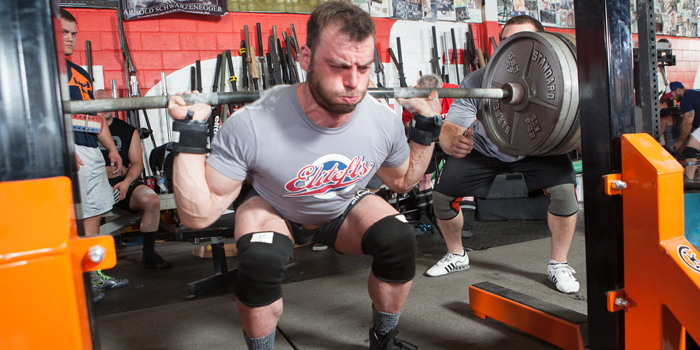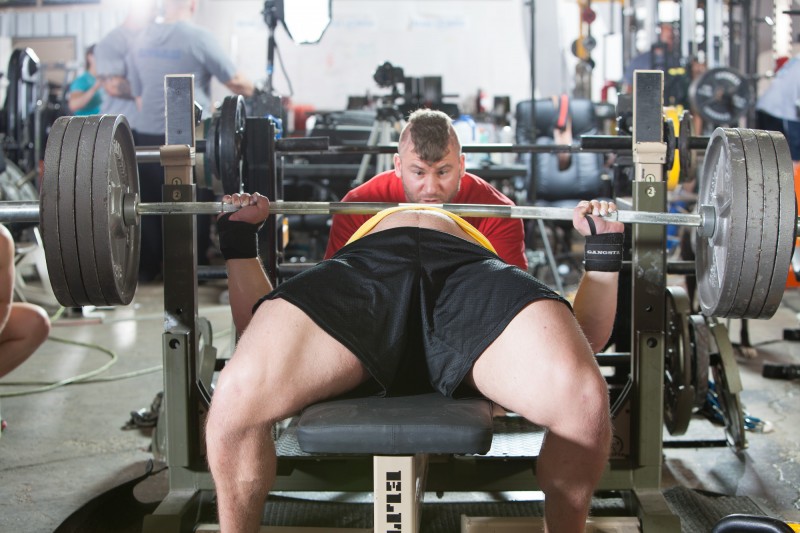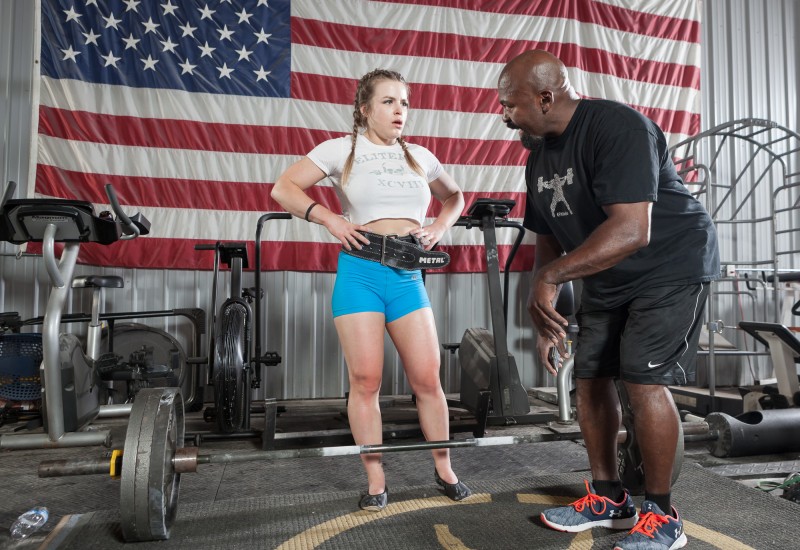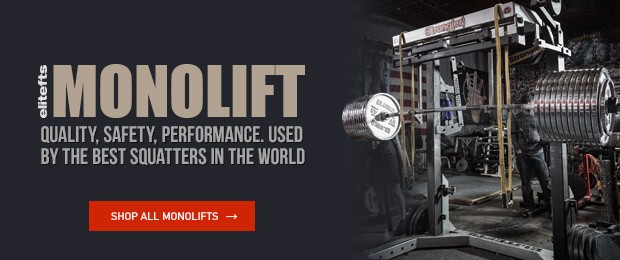
elitefts Classic
An advanced lifter is a COMPETITIVE strength athlete at the Top National or Pro Level. An advanced lifter makes up the top-10 percent of their sport.
There might be 15,000 total competitive powerlifters in the USA, but this article only targets those in the top-10 percent. When you add in weightlifters, strongman, and bodybuilders, the total number does increase, but still makes up a very small percentage of those who will be reading this.
Why am I taking the time to write this? There are three reasons.
- This is where most my programming and consulting (if you want to call it that) experience comes from and I’m positive something in this article will help these athletes get better.
- For the next time, I am speaking with one of these athletes and one of these topics arise, I can send them this article as a reminder of what we discussed.
- To open the door and show what is really said when working with these athletes. I’m sure some of this you will already know, while there will be other things you won't understand or completely agree with. It is important to keep in mind with these athletes the most important thing to them at this point in their life, is to advance in their sport to the highest level they can. This is their main priority, so, yes at the same time there will be (and can be debated – should be) life balance issues.
These tips are based on my own experience(s) as an elite-level lifter, training with other Pro and Elite level lifters, being coached by elite lifters and working with and coaching other elite lifters.
These are not in any specific order of importance and will not pertain to everyone. These are the things I find myself repeating over and over again with different lifters. It should also be noted that I would NOT suggest many of these things to anyone who falls outside this target athlete. To make this point even more clear. If you are not an Elite or Pro strength athlete, many of these suggestions should NOT be applied and they very well could destroy your lifting career or make you suck on the platform. Now go back and read that one more time. This is not a statement I am writing that is intended to make these look “top secret.”

Priority & Sacrifice
To compete at the highest level, your commitment has to be a top priority. At times this will exceed all other priorities (if your training or recovery justifies it). This isn't an excuse to be an asshole to everyone and skip every family gathering. If it is a training day – then the cards will fall as they fall.
Look at it this way, going out and partying a couple nights per week will NOT aid in the recovery process. A very simple way this was once described to me was, "Your body can only recover from so much at one time. If you have a heavy squat day on Friday and then go out Friday night and get plastered, your system will begin working on getting all the toxins removed first and then try to recover from your squat session next." While this is an extremely simple explanation and not entirely true (your body will be doing both at the same time) it is partially true and you will not recover as fast as you would have had you not gotten plastered.
I look at this differently. There are VERY FEW genetic freaks and odds are that you aren't one of them. You very well are competing against some of them and they can get away with almost anything and still get better. Life and sport aren't fair, but if you want to even-the-field, then why do anything that wouldn't positively affect your game? I could and still can’t understand how someone can tell me how serious and committed they are and turn right around and talk about how stoned or drunk they are going to get this weekend. To me, these people are not committed at all and have no idea what priority and sacrifice mean.
Look, just because you train for the meet and do everything right doesn’t guarantee success. In sports, ANYTHING can and will happen. I personally NEVER wanted to end a meet thinking to myself, I should have done this...or should not have done that. My number one objective was to end the competition knowing I did all I could to make the best meet day I could. If the cards didn’t fall right, then I still wouldn't have any regrets – just learn and move forward.
As someone who placed the sport as my number one priority for many years, I can say looking back, I do have some regrets and there were some things I would change. To me, powerlifting was my life and everything else was second. This included work, family, education...you name it. Without getting into details, I would have done a better job of taking care of these things and wouldn't have placed such a large gap between the sport and the rest of the world.
I knew the sport had to be a top priority and was willing to do whatever I needed to do to move forward. I think these things can still be done, while still being responsible in the other areas of your life.
The take away here is that I’ve run into two types of athletes at this level.
- Those who were like me and completely make the sport their life.
- Those who do not place the sport high enough.
It is important to know where you fall so you can make the right decisions that move you forward, not ones that cause stress (making it harder to recover from training).
Show Up
This might sound like it's a given, but it’s not. This extends to more than just “being” at every training session — the most advanced competitive lifters will NOT miss training sessions, so this isn’t the issue. The issue involves what they do while they are there and what impact they are having on others. I will get into training hard and programming with tips later. For this article, I want to focus on the difference between being a coach and a captain.
I’m using these two as examples because it’s easy for people to relate to. In sports, the coach is the one off-the-field who makes the decisions that oversee all aspects of the team. The captains are the team leaders who are on the field leading by example.
As Pro or Elite Competitive lifters, most of the time you will be the "top dog" or one of the top dogs in your gym or group you train with. By meathead rules, this makes you a captain and the guy others will be looking up to in regards to how to get to the top. You are being “watched” much closer than you think and you are setting the examples they need to train by. If you have shitty training partners, it’s usually due to one reason: you are setting a shitty example — thus shitty standards. You shouldn’t just be on time, you need to be the first one there. If you need verbal cues with your own lifting, then you need to be giving them to everyone else. The standard you establish with your own ACTIONS will be the standard set in the gym.
While a coach can accomplish this, I think this only goes so far because in most cases the coaches are no longer competing at the level they used to and the fact is the guys in the training group DO NOT want to be like the coach. They WANT TO be like you…the Pro Lifter.
If you expect more of yourself than any of them could ever expect from you, think of what this will do for their training. Think of what it will do for yours.
Part 2 coming soon.










